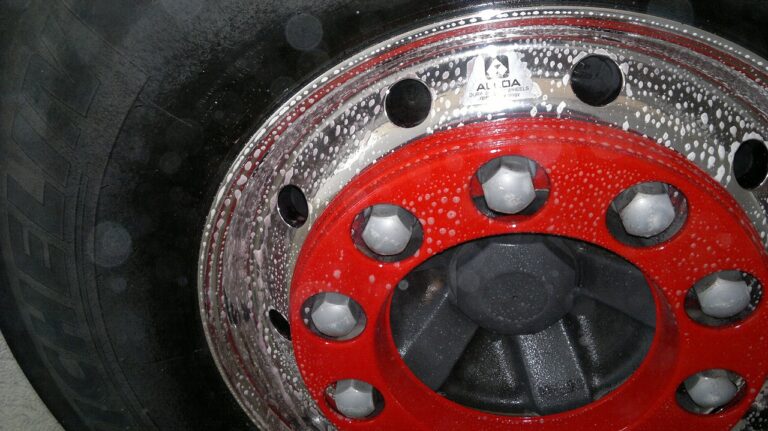The Impact of Lightweight Materials on Fuel Efficiency in Cars
Fuel efficiency in cars is a crucial factor to consider when purchasing a vehicle. It refers to the ability of a car to maximize the usage of fuel, resulting in lower fuel consumption and reduced emissions. This not only helps drivers save money on fuel costs but also contributes to a cleaner environment by reducing carbon emissions.
Several key factors contribute to the fuel efficiency of a car, including engine efficiency, vehicle weight, aerodynamics, and driving habits. Choosing a car with a smaller, more fuel-efficient engine can significantly improve fuel efficiency. Additionally, reducing the overall weight of the vehicle through the use of lightweight materials can also enhance fuel efficiency by reducing the amount of power needed to propel the car.
Benefits of Using Lightweight Materials in Car Manufacturing
One significant advantage of integrating lightweight materials into car manufacturing processes is the potential for enhanced fuel efficiency. By reducing the overall weight of vehicles, less energy is required to propel the car forward, leading to improved miles per gallon (MPG) ratings. This not only benefits consumers by saving them money on fuel costs but also contributes to a reduction in carbon emissions, supporting environmental conservation efforts.
Furthermore, the use of lightweight materials offers manufacturers the opportunity to enhance the performance and handling of vehicles. By utilizing materials that are both strong and lightweight, such as carbon fiber composites or aluminum alloys, car makers can achieve a better power-to-weight ratio. This results in improved acceleration, braking capabilities, and overall driving dynamics, providing a more enjoyable and responsive driving experience for consumers.
• Reduced overall weight leads to enhanced fuel efficiency
• Improved miles per gallon (MPG) ratings benefit consumers and environment
• Contributes to a reduction in carbon emissions, supporting environmental conservation efforts
• Enhanced performance and handling of vehicles
• Better power-to-weight ratio with strong and lightweight materials
• Improved acceleration, braking capabilities, and driving dynamics for a more enjoyable experience
Types of Lightweight Materials Used in Cars
Aluminum is a popular choice for car manufacturers due to its lightweight nature and strength. It is commonly used in car bodies, engine parts, and wheels. Aluminum helps in reducing the overall weight of the vehicle, which in turn improves fuel efficiency and performance.
Carbon fiber composites are another lightweight material that is increasingly being utilized in the automotive industry. These composites are extremely strong and rigid, making them ideal for enhancing the structural integrity of cars while keeping the weight to a minimum. Carbon fiber is often used in components such as body panels, chassis, and interior trims to achieve a balance between lightweight construction and durability.
Why is fuel efficiency important in cars?
Fuel efficiency is important in cars because it helps reduce carbon emissions and saves money on fuel costs for drivers.
What are some benefits of using lightweight materials in car manufacturing?
Some benefits of using lightweight materials in car manufacturing include improved fuel efficiency, better performance, and reduced emissions.
What are some common types of lightweight materials used in cars?
Some common types of lightweight materials used in cars include aluminum, carbon fiber, magnesium, and high-strength steel.
How do lightweight materials affect the overall performance of a car?
Lightweight materials can help improve the overall performance of a car by reducing its weight, which can lead to better acceleration, handling, and fuel efficiency.







